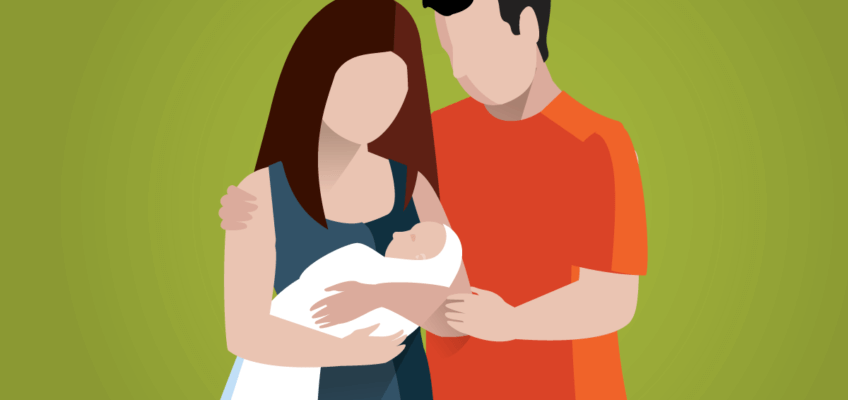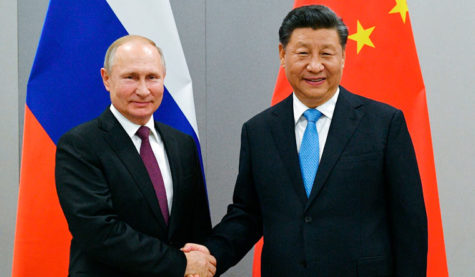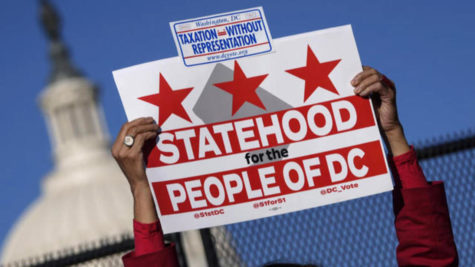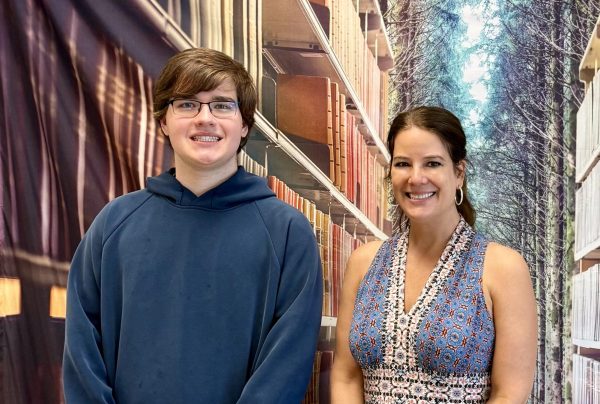OPINION: Unpaid maternity leave is inhumane
Maternity leave needs a serious rehaul in the United States for the better of its parents, children, and economy.
The first 12 weeks of life are an important time for bonding — but so are the weeks proceeding it.
The United States lacks any sort of mandated paid maternity leave, but countries such as Sweden, and our neighbors, Mexico and Canada (NPR, 2016), have produced legislature requiring paid maternity leave — why is America lagging behind?
In the United States, corporations are not required to grant employees paid maternity leave in any way. New parents at companies that don’t offer the benefit are left to fend for themselves, either hoping they can survive on only one income, or by taking out loans which they will have to later pay with interest. Few states have required paid maternity leave, such as California, New York, and New Jersey — but this still leaves a significant portion of women unpaid during the sensitive time of childcare.
The United States produced an act in 1993 known as the Family and Medical Leave Act (FMLA) allowing eligible employees to take leave from their jobs for up to 12 weeks. It is important to note that FMLA does not require this leave to be paid, and while American women can only expect 12 weeks of unpaid leave, Canadian parents can have as much as 18 months of paid maternity leave.
It seems the United States is tragically backwards when it comes to paid leave — though in fairness, the U.S. has equal paternity and maternity leave, as opposed to Mexico’s 5 day paid leave for new fathers (Globalization Partners).
The current system is detrimental for new parents and, according to the Department of Labor, results in 30% of workers taking FMLA leave falling into credit card debt. In fact, the DOL has also found that 15% of workers taking FMLA leave wind up on public assistance, leaving many new parents relying on the government anyhow.
California, one of the few states that offers a paid family leave program(operating since 2004), has even found that the usage of maternity leave was doubled when paid, with particularly noticeable increase by low-income women. With the known damage that poverty scars young children with, it is an even greater disservice to deprive them of a mother to scrounge for what little money they can manage.
Google, which offers a paid maternity leave of up to 22 weeks, has even found that women who take their leave return “more productive and happier” according to the senior VP of Google’s people operations.
Women are also plagued with a chance for postpartum depression, colloquially known as “baby blues,” which puts women at greater risk for major depression in the future. The University of Maryland has even found that longer maternity leave can reduce the risk of postpartum depression. Of course, even when mothers develop postpartum depression, taking away the stress of work and the need to make money can greatly alleviate their anxiety.
Most importantly, maternity leave can save the lives of babies. In 2014, Alison Surratt returned home to her baby son, 11 weeks old, deceased in his crib, after being left under a family friend’s supervision because Alison had to return to work after only 8 weeks in order to support her family. She poignantly stated “you can’t adopt a puppy before 8 weeks because it’s supposed to be with its mother,” and yet the United States respects the bond between a dog and its puppy before a human mother and her child.
Paid maternity leave is a must for the United States, and without it, new parents are subjected to additional pressure when they should be preoccupied with caring for a newborn child. America’s children are her future, and by removing the chance for proper bonding and care, we are crippling our future. As for the present, new parents are the now, and they need aid immediately.
The United States’ lack of FMLA revision has caused trauma for thousands of struggling parents — and their children too.

Blaze Myers is a graduate of BASH. His senior year was his first year in the CUB, previously only collaborating. He was in several leadership positions,...
























